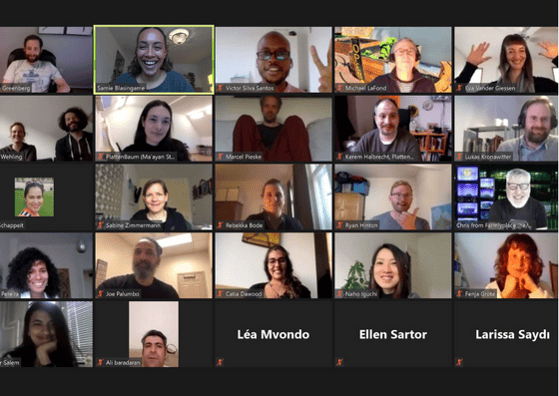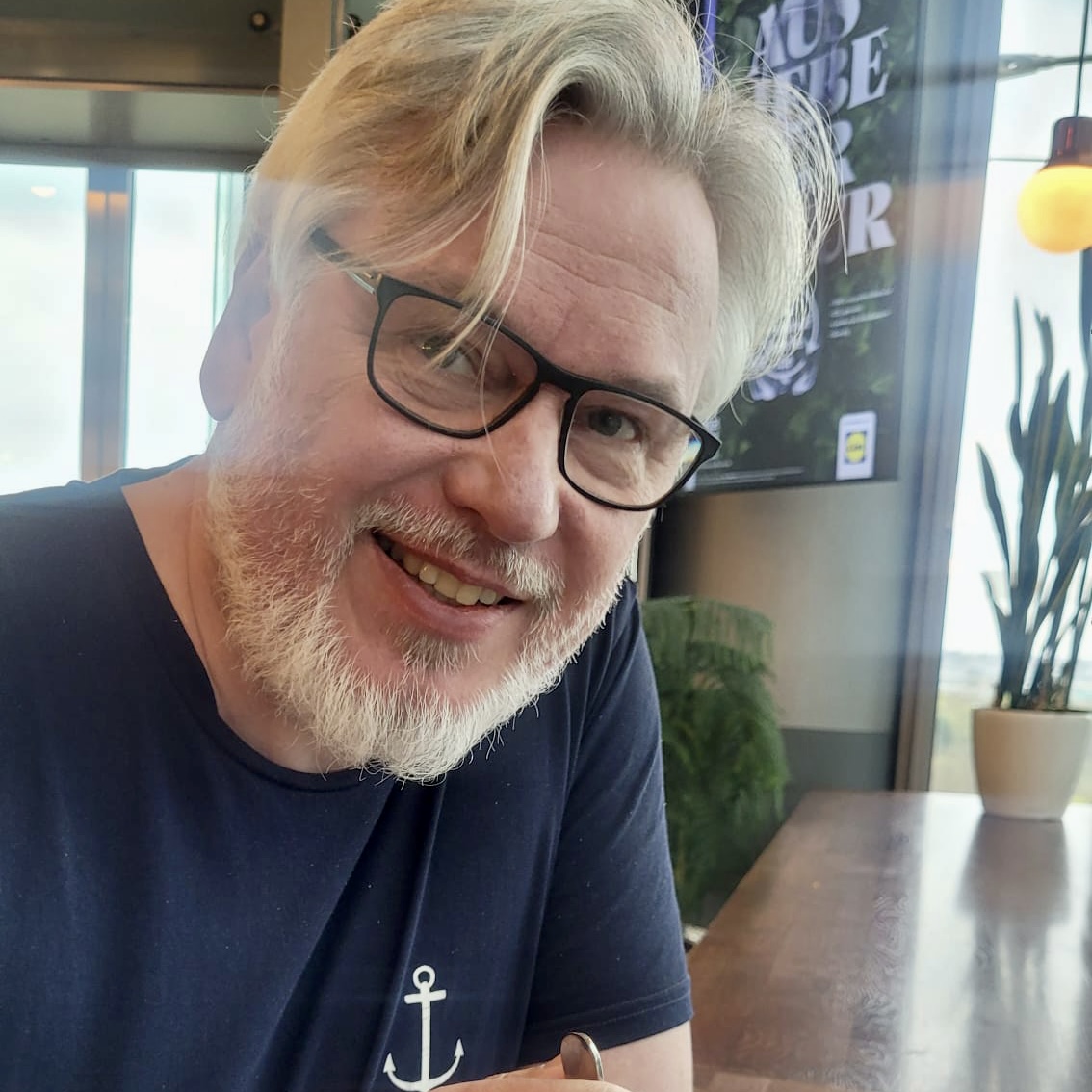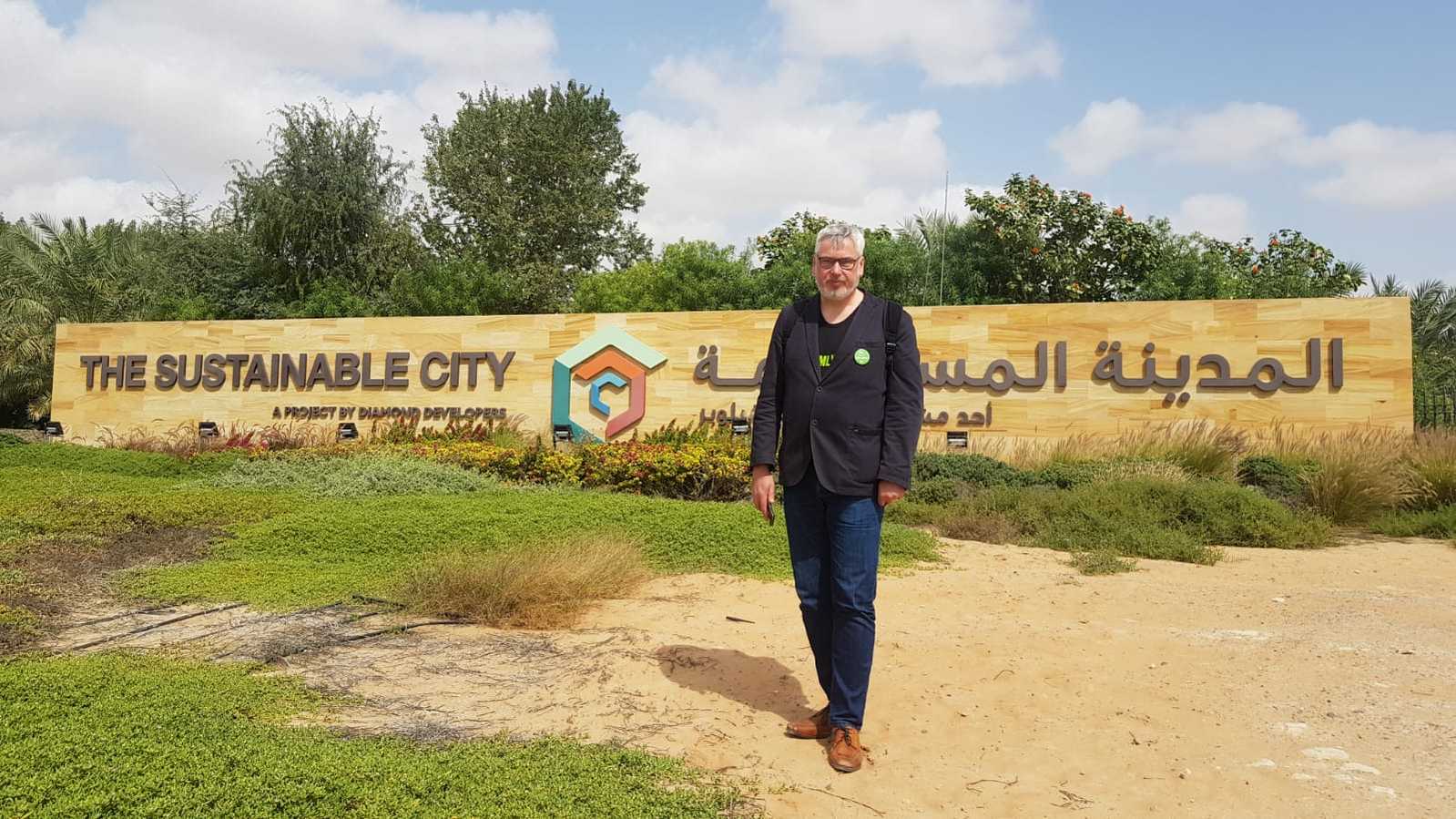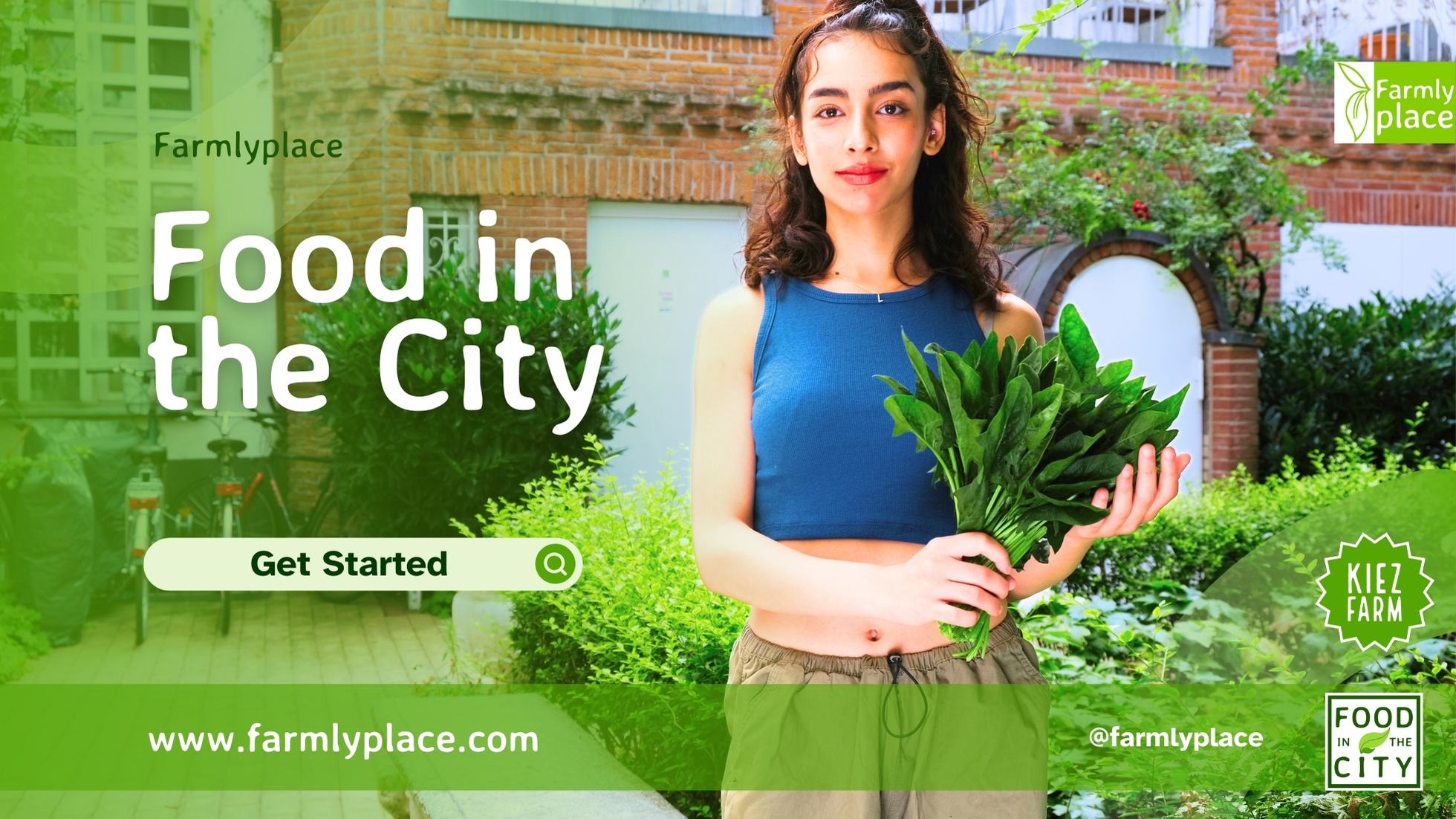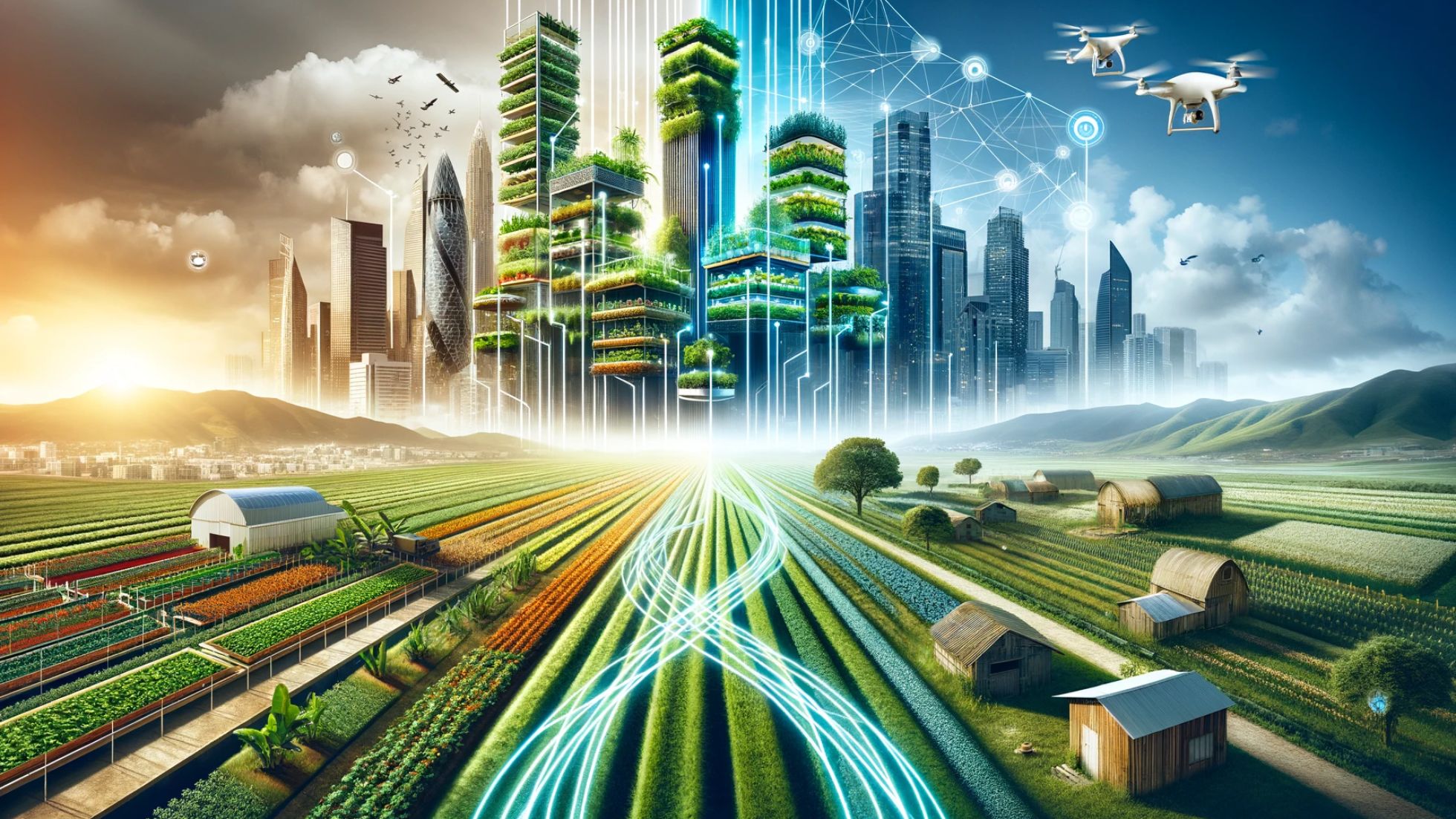Conscious Architecture
Our evening began with some insights from Victor Santos, a Brazilian architect and MBA candidate at TU Berlin. Victor shared with us his concept of “consciousness” in architecture and inspired us to think of how we can transform our everyday life experiences into the design and creation of our physical world. We discussed “Survival Conscious” with the example of favelas in Brazil, “Climate/Economic Conscious” with the example of technology, like solar panels, used on roofs in Germany, and “Efficiency/Order Conscious” with the example of residential buildings in China. In Victor’s opinion, “fully conscious” architectural style would be driven by creative energy and invite us to reconnect with a natural flow of experiences. This, in turn, would allow us to encompass a holistic idea of what it means to be living within the interconnecting systems of nature, society and economy (check out this interesting article to that point). Victor is currently working on an idea to develop a community-based business model for urban farming in underused areas in favelas – get in touch with him if you have some ideas or would want to discuss this further with him!
Communal & Creative Use of Public Space
Next we heard from Michael LaFond from Spreeacker, a urban gardening project and community space along the Spree in Mitte. The land they occupy was used in the past to feed the people of Berlin, so part of the project’s mission is to rediscover some of that agricultural history. There are a few different edible gardens including an “Obstweg” (fruit path) with 100 different types of fruit trees. The team at Spreeacker is interested in inspiring and building community around the idea of urban food production, so in terms of design there are some interesting places to share space and many more to come.
In terms of scaling up, they are still working out the best food growing strategies and most productive uses of space. As the project is located on public land, they also needed to experiment with use-rights and agreements. The local government wasn’t so convinced by the project at first, mostly because of the risk involved with growing food for human consumption, but as the city also does not have the capacity to take care of the green spaces already existing green spaces, Spreeacker was given a chance to prove their concept. Little by little this space is growing, becoming an integral part of the local community and valuable recreation space in the heart of the city.
Food-focused Architecture in Practice
Then we heard from Rebekka from Kirchberger und Wiegner Rohde, an architectural practice in Berlin, Moabit, who shared with us a project her team worked on previously called which seeked to redesign a city’s job center offices with a greenhouse on top. The area the building is located in was once heavily industrialized and has since gone through some waves of urban regeneration. Due to an uncommon but welcomed surprise, the greenhouse element was included because the developer wanted to integrate some form of nature in the building’s design. The reality is that even if architects have innovative ideas for food-focused buildings, these elements are often the first to be cut in an effort to save costs. Roof farms bring so much value, but they also involve costs such as how to get water to the roof, how to maintain wind and light elements, so smart solutions are needed.
The team worked with the Frauenhofer Institute to develop a concept that would bring value for both research and local food consumption. The project is recycling the water from the kitchens, bathrooms, storm drains into the garden systems and the food produced is used in the buildings cafe, nearby restaurants and sold at the local market. The biomimicry involved in circular systems in the building did not come without challenges: there was push back on using grey water to feed plants meant for human consumption. Preserving the energy of the building to use it to cool or heat the greenhouse was also a design challenge, but something the Fraunhofer Institute will be supporting with moving forward.
Next we heard from co-founders Maayan and Kerem from Plattenbaum who are seeking to implement urban agriculture on a large scale through “developing a set of services that includes the design, construction and operation of urban agriculture linked to family housing.” This idea stems from an understanding of the heightened levels of social isolation and bad nutrition in these types of housing developments. The modular design includes complementary components that provide social (resident gardens), commercial (vertical farming) and recreational/communal (hanging gardens) value for the immediate community. The idea here is to think about urban agriculture in the full scope of its potential to provide self-sufficiency and economic opportunity.
Maayan and Kerem are focusing on public housing companies that own plattenbau properties for their pilot locations, with plans to expand in the future. The team is playing around with different prototypes that would make the modular system idea mutually beneficial for all parties. In the context of Berlin and its current housing crisis, this becomes a very essential part of ensuring the impact on social sustainability that these projects potentially have. Working with public housing companies helps to circumvent potential price speculation that green infrastructure normally brings with private developers. In any case, focusing on the needs of the local community continues to be critical to any such project’s success.
Both of these projects make the point of bringing value not only to people directly involved, but to the local community as a whole. As we continue to reimagine what is possible in our cities in terms of food production, we also have to strive for solutions that span past our personal needs to encompass communal ones. One interesting idea thrown out in our discussion was the use of feedback loops to collect data from the community that can be used to prove the value of such projects to the city and new developers. Another idea was to align outdoor educational amenities in order to bring in community support and possible municipal budgeting.
The Paradigm Shift
We ended with Lukas Kronawitter, an architect at Laboratory for Visionary Architecture and university lecturer in the field of global architectural design. He also works with Terreform1, a think tank based in NYC that focuses on urban ecology and art. Lukas’ work revolves around new, dynamic ways of engaging urban space and facilitating human interaction with nature. Lukas reminded us all that many of the challenges we have been discussing in terms of integrating food production in the urban setting are due to the fact that we, as a global society, are in the midst of a paradigm shift.
What Lukas and his students try to do is to constantly look toward the future and imagine what is possible, while also grounding themselves in a strong history of visionary designers like Kingzo Agricultural City. One of the projects Lukas and his students have been ideating on recently is the use of algae in urban centers like Berlin, whether for food or biofuel. Or concepts like the cricket house, which produces protein-rich alternatives to industrial agriculture. These projects really push the boundaries of how we collectively think about food in the city – not only the production of food but the type of food we are comfortable consuming. We also need to support each other in reacquainting with skills for resilience, like how to grow food and what food to grow. Especially in a post-covid area, hopefully we can continue to motivate one another to invest in our health and our communities and keep imagining new scenarios for the ways in which we share space, especially in the city.
What to know more?
Here are some extra resources shared ib the chat during the meetup. Read on to get even more inspired!
- Is This Eco-Friendly ‘Smart Office’ the Way of the Future?
- The Green Urban Lunchbox is a very local collective of backyard farmers and fruit producers in Utah, USA. It builds off of existing historic fruit producing trees and capitalizes off of those who are already growing in the urban and peri-urban areas.
- rCycle: a project from one of the attendees (still in beta development) aiming to help consumers live more circular lives. You can also find them on Twitter.
- Feld Food Forest is hosting Soil Care/Testing workshops in Berlin – check them out and get in touch on Instagram.
- A new ““social-ecological transformation center” is being planned for the former Tempelhofer Feld Airport – check it out here.
- And join Food in the City on Clubhouse!! Join us on Friday evenings and Sunday afternoons for more conversations around food in urban centers.
Where to find the details of our next meetup?
Learn, connect and exchange ideas around sustainability on the last Wednesday of every month in ‘Food In The City’. Head to our ‘Events’ page to find more about what we are planning for the month of March.
Date & time: 26 May @ 19:00 – 20:30 CEST
See you there!

